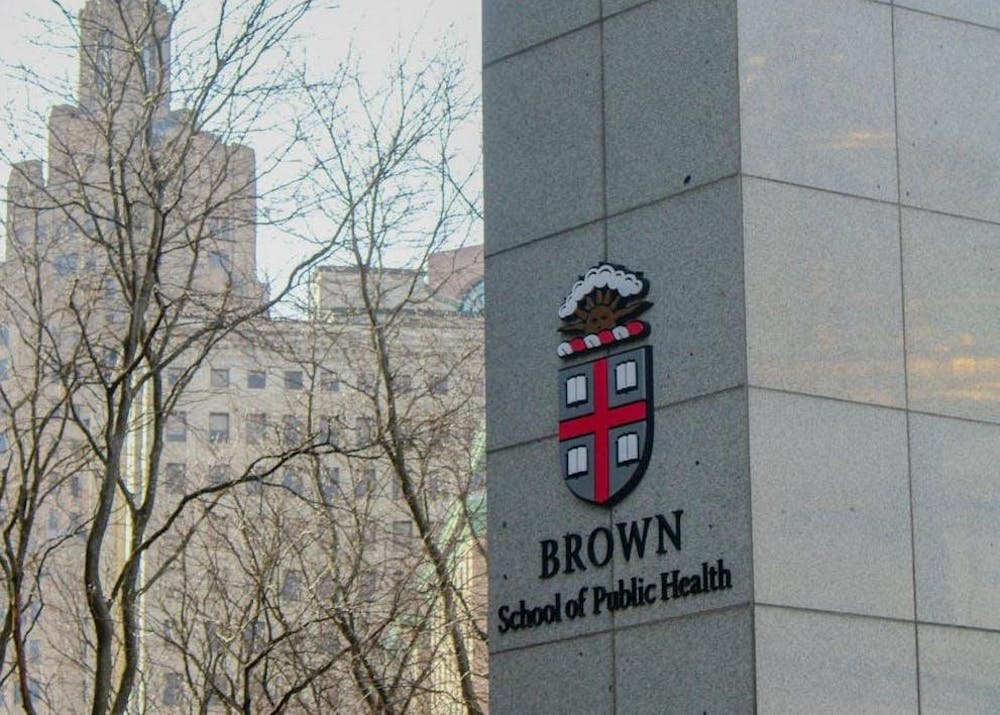Earlier this month, the Providence City Council unanimously approved the nation’s first state-regulated overdose prevention center. The center is the subject of a School of Public Health and New York University Langone Health study examining the efficacy of OPCs in preventing overdose, The Herald previously reported.
The study, funded by the National Institute on Drug Abuse, began in 2023 and assessed the effects of the first publicly recognized — but not state-regulated — OPCs in the country, which were located in New York City.
When the study was announced, Brown researchers planned to use “an OPC scheduled to open in Providence in 2024” to examine the efficacy of these centers, according to a University press release.
OPCs are injection sites where people can use drugs under the supervision of medical professionals. In the case of an overdose, OPCs provide instant support from trained staff or medical experts.
“The Providence City Council approving the first overdose prevention center in the state is welcome news,” wrote Brandon Marshall, a professor of epidemiology at SPH overseeing the Providence portion of the study, in an email to The Herald. “With more than 430 overdose deaths in Rhode Island in 2022, new approaches are urgently needed to save lives.”
“In collaboration with researchers from New York University, our team will be conducting the nation’s most comprehensive study of overdose prevention centers to date,” Marshall added. “We will be carefully monitoring both individual and community outcomes at this site as well as the two sites presently open in New York City.”
While overdose prevention centers are still illegal at the federal level, R.I. and New York City have both passed bills allowing the operation of safe injection sites.
In an email to The Herald, Magdalena Cerda, professor and director of the Center for Opioid Epidemiology and Policy at the Department of Population Health at NYU Grossman School of Medicine and head of the study in New York City, expressed her excitement regarding the recent R.I. state approval.
“I look forward to working with the Brown University research team and the team at Project Weber/RENEW to evaluate the public health and community effects of this important harm reduction tool,” Cerda wrote in an email to The Herald.
Colleen Daley Ndoye, executive director of Project Weber/RENEW — RI’s largest harm reduction organization, which will oversee the operations of the approved overdose prevention center in Providence — wrote in an email to The Herald that “this milestone marks a significant moment in our journey to open the country’s first state-sanctioned overdose prevention center.”
Ndoye added that the unanimous support from the City Council is “a testament to the dedication and hard work of everyone involved, and it serves as a reminder of what we can achieve when we prioritize the well-being of our community.”
When asked about future steps, Ndoye listed construction on the building, licensing from the Rhode Island Department of Health and staff onboarding. The new OPC is tentatively set to open in summer 2024, The Herald previously reported.
Robayet Hossain is a Science and Research staff writer focusing on up-and-coming research and departmental updates. He is a first-generation sophomore from Bangladesh and graduated in New Orleans. He loves listening to a variety of music genres and reading horror stories just to have problems falling asleep.





